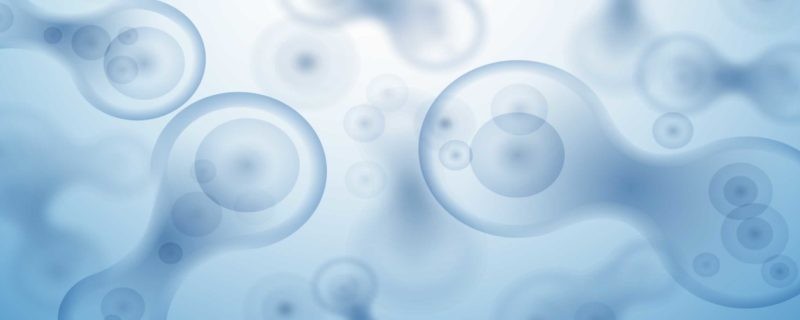
Stem Cell Therapy for Type 1 Diabetes is on the Horizon
ViaCyte, a stem cell company in San Diego, is offering hope for many patients with Type 1 Diabetes. Type 1 Diabetes is caused by a lack of functioning islet beta cells. Islet beta cells monitor blood sugar and release insulin at appropriate times to signal the body to uptake sugar from the bloodstream, critical to maintaining healthy blood sugar. In a Type 1 Diabetic, these islet beta cells have stopped working or are being attacked by the person’s own immune system by mistake. The disease affects between 1-3 million Americans and is usually discovered in children or young adults. The disease has no cure and patients have to monitor blood sugar for their entire lives. Treatment for Type 1 Diabetes consists of regular finger pricks to measure blood sugar and anywhere from 1-4 insulin injections per day. Some patients are on an insulin pump, which provides continuous monitoring and insulin. Disease treatment and dosing can be challenging and requires careful calculations and crucial timing.
ViaCyte’s new stem cell treatment, Pro-Islet, is less painful and cumbersome. It starts with turning human embryonic stem cells that would otherwise be destroyed at fertility clinics into pro islet cells, which are on their way to becoming islet cells but are not fully differentiated. The cells are then put into a membrane envelope and implanted into the body. Pro-Islet has been tested in mice and after a couple months these cells mature and start producing insulin. The cells lasted for one year, which is the mouse’s life span, while in humans, scientists are hoping for a longer period of time before envelopes have to be replaced.
There is some concern about cells becoming the wrong type of cell or that the person’s own immune system will reject the new cells and attack them, but ViaCyte has addressed these concerns by creating a membrane envelope that will let sugar in and insulin out. The cells stay in to prevent incorrect differentiation and the immune system can’t reach and destroy the stem cells.
While ViaCyte does not currently have a human study start date, they are conducting preclinical studies to support filing of an investigational new drug application with the Food and Drug Administration. They are also supported by the California Institute of Regenerative Medicine (CIRM), which is California’s stem cell funding agency. CIRM has provided $26 million dollars through grants and loans, according to the Los Angeles Times.
This treatment, if successful in human clinical studies, would offer another solution for Type 1 Diabetics and would strengthen the overall stem Cell Therapy movement. New treatments raise questions about manufacturing and safety. Good manufacturing practices are critical to any drug or medical treatment, but it is also important to look at the need for good “animal-free” manufacturing practices for stem cell therapies. Stem cells are frequently grown using animal components, including fetal bovine serum, and there is always a concern about adventitious infectious agents contaminating the stem cells. Animal components have been discouraged and largely removed from biopharmaceutical manufacturing, but they still are prevalent in stem cell processes. There is a tremendous amount of hope in stem Cell Therapy and everyday there are reports of new disease treatments as a result of stem cells. As we move these applications from hope to reality the focus will change from is it possible to how will it be manufactured in a safe animal-free environment. These safety concerns will need to be addressed and removal of animal-based products from manufacturing will be key.